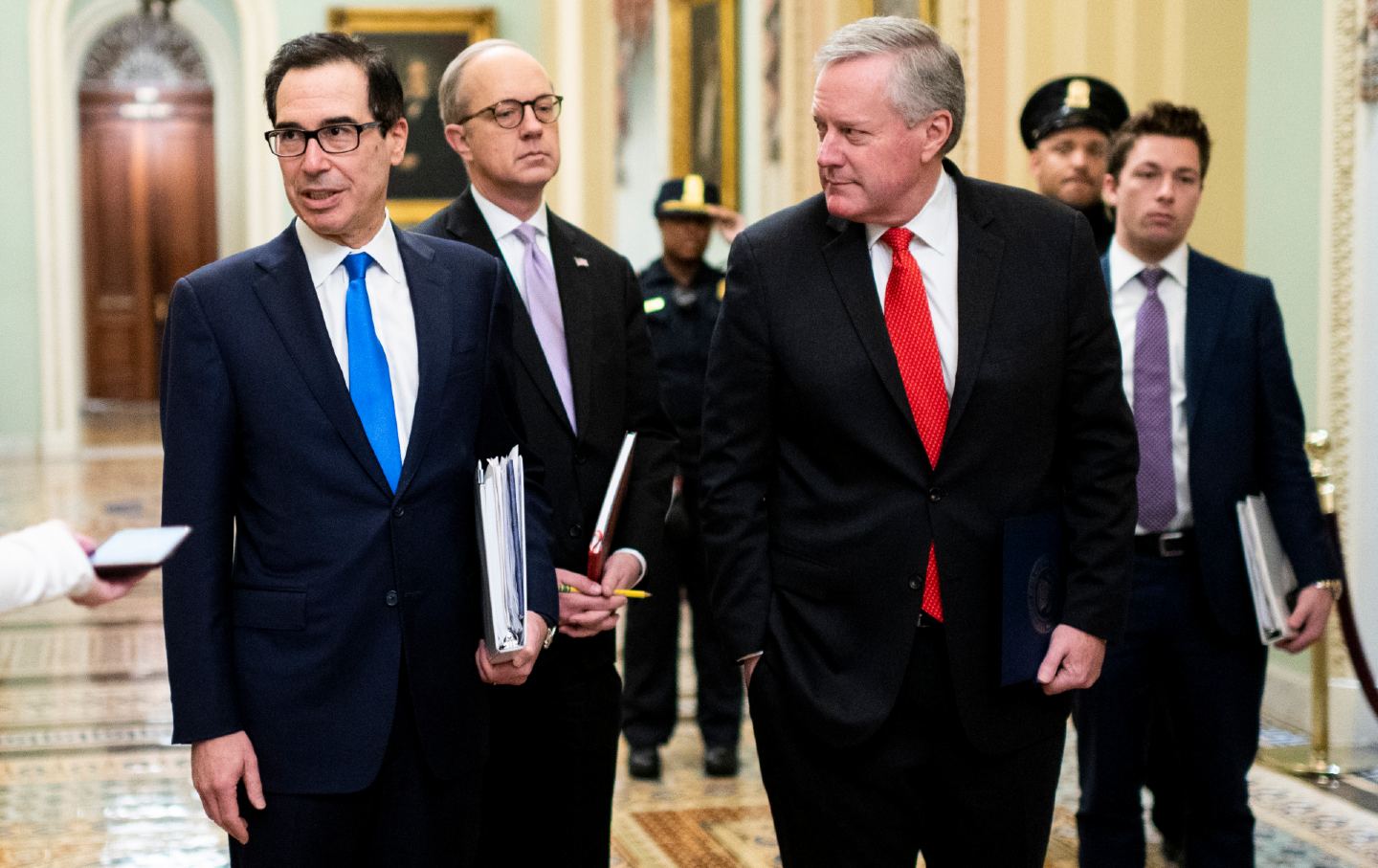
How Progressive Is the Stimulus? How Progressive Is the Stimulus?
A massive cash bailout is necessary in the short term—but we need a longer-term vision to fix the flaws in our economy.
Mar 26, 2020 / Joelle Gamble
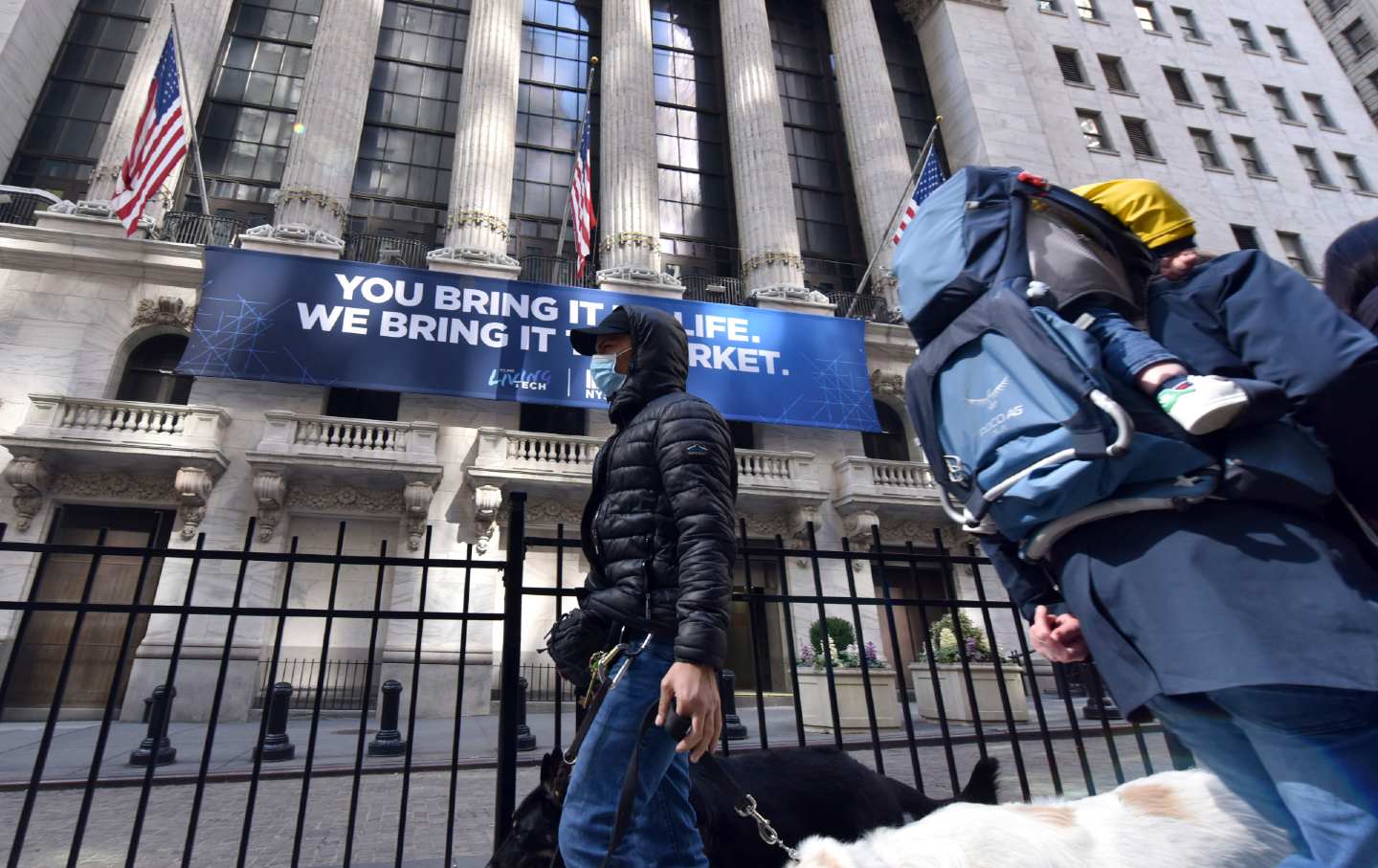
A Survival Guide for the Coronavirus Economy A Survival Guide for the Coronavirus Economy
How the government should act when public health concerns are economic ones, too.
Mar 12, 2020 / no-paywall / Joelle Gamble
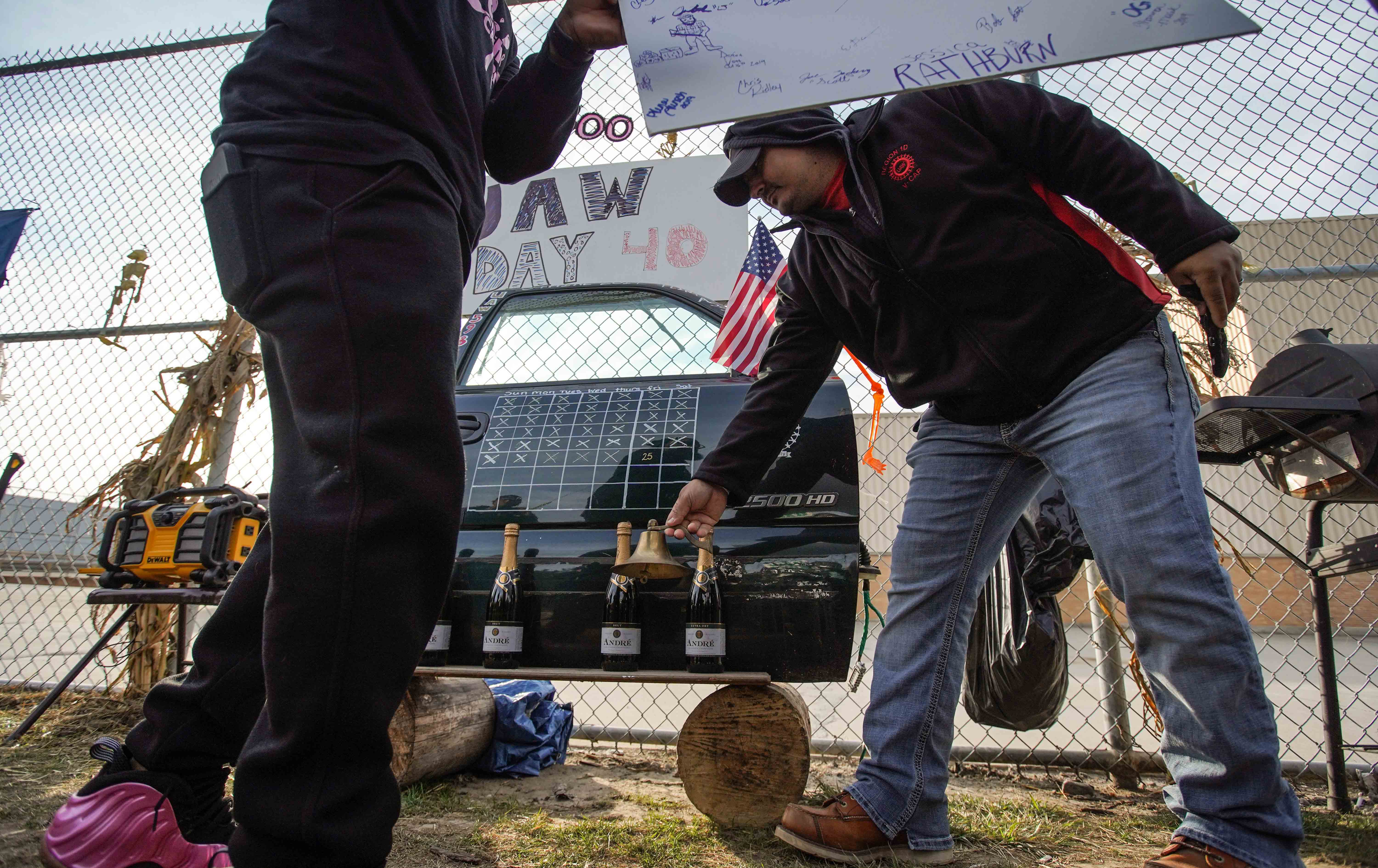
Fixing the US Economy Isn’t Just About Money Fixing the US Economy Isn’t Just About Money
To make meaningful changes to our unequal economy, organizers, politicians, and candidates must target who has power.
Nov 20, 2019 / Joelle Gamble
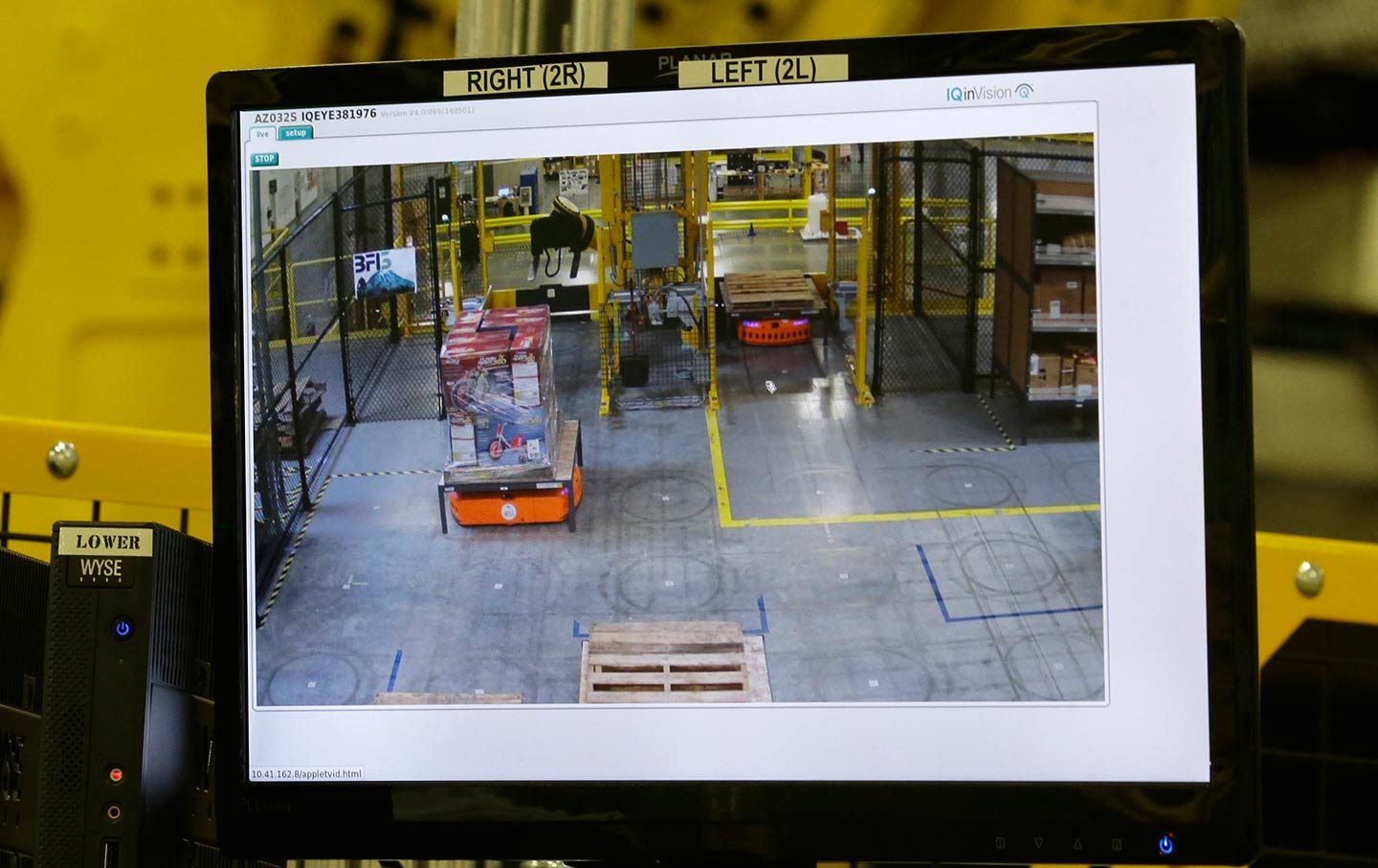
The Inequalities of Workplace Surveillance The Inequalities of Workplace Surveillance
When bosses watch over our every move, the data they collect ends up making us even more unequal.
Jun 3, 2019 / Joelle Gamble
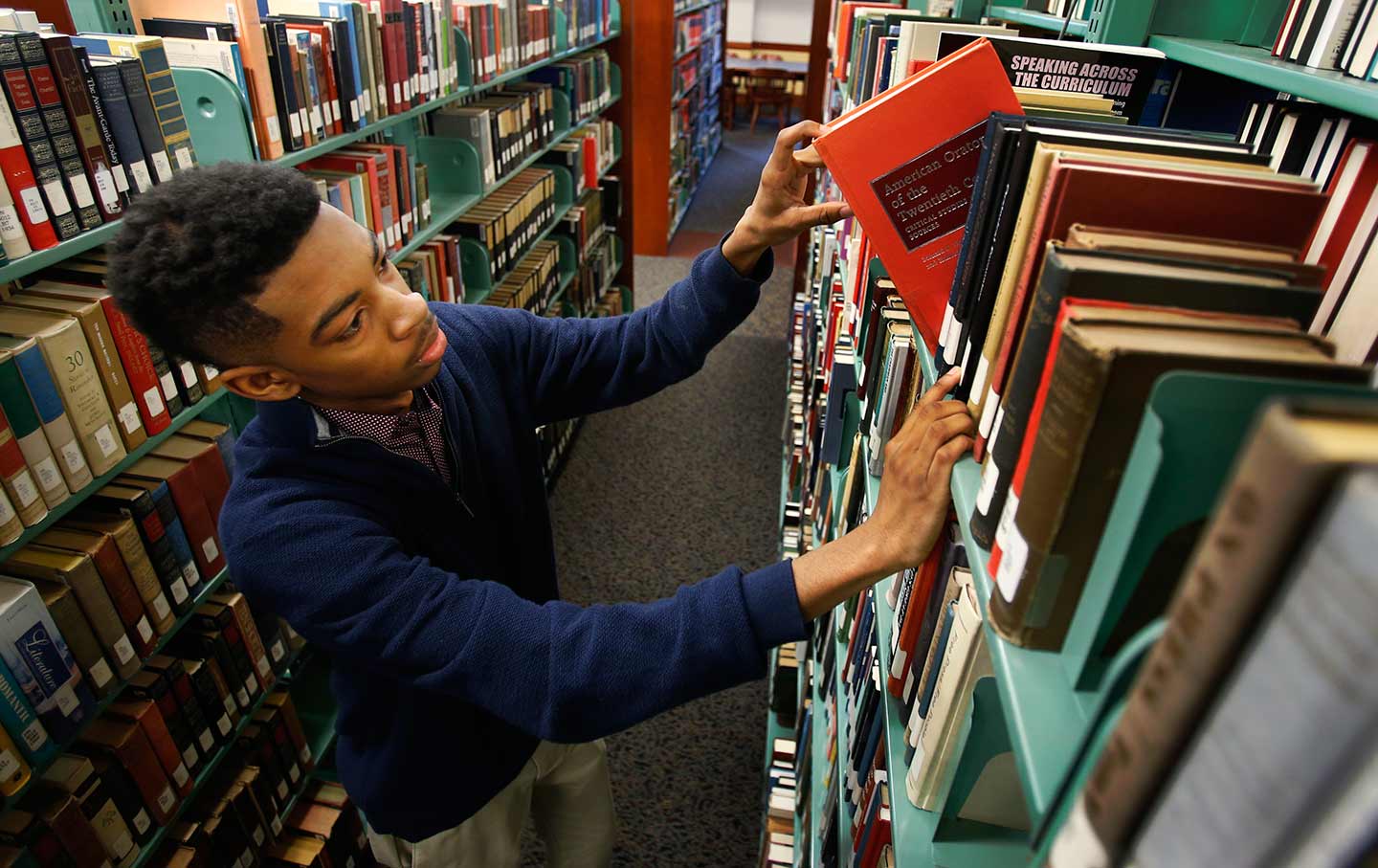
What the Big New Study About Race and Mobility Doesn’t Tell Us What the Big New Study About Race and Mobility Doesn’t Tell Us
Some families are rich because others are poor. We need to grapple with this reality to solve inequality.
Apr 11, 2018 / Joelle Gamble
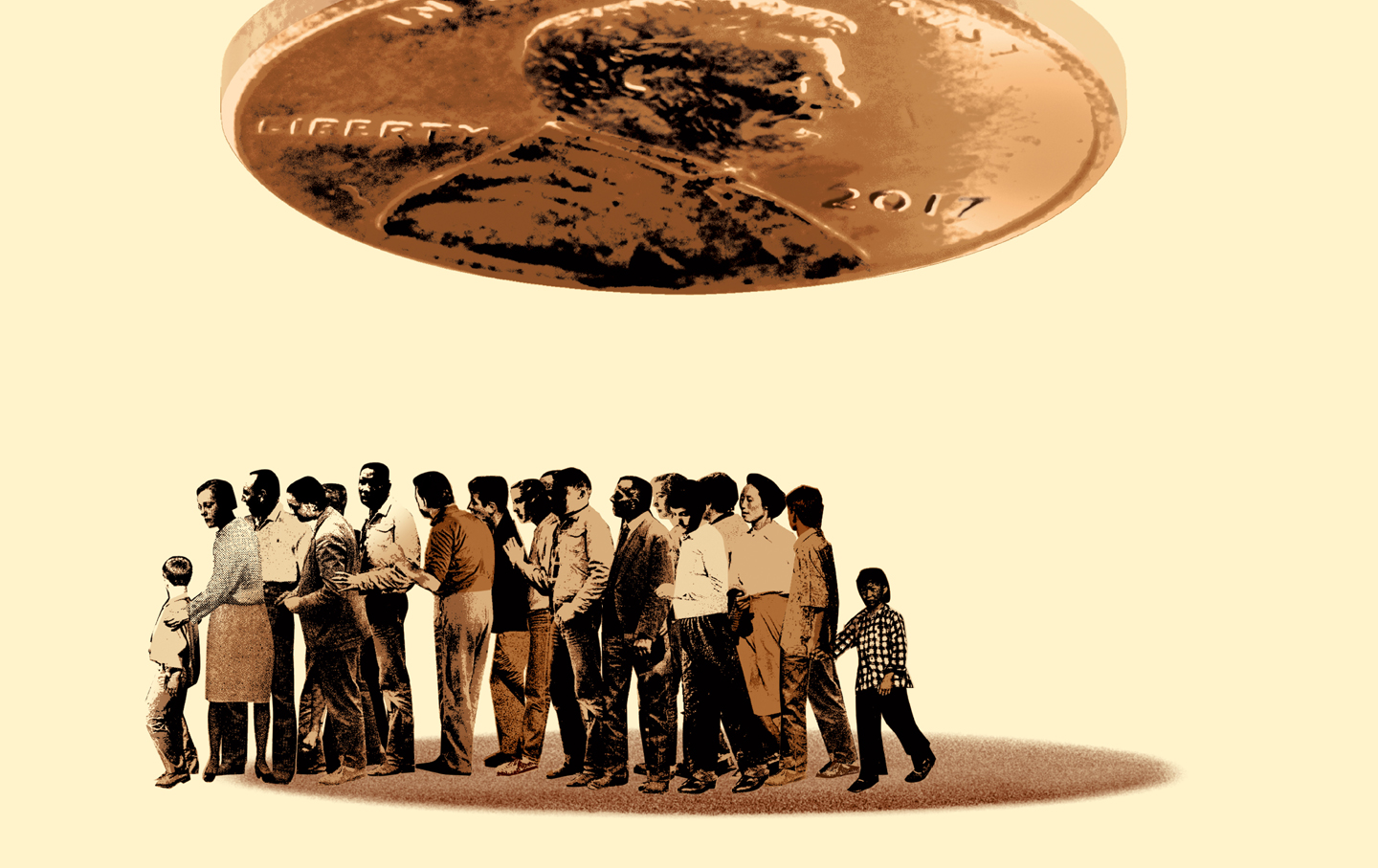
What Will Kill Neoliberalism? What Will Kill Neoliberalism?
A roundtable on its fate.
May 4, 2017 / Feature / Joelle Gamble, Paul Mason, Bryce Covert, William Darity Jr., and Peter Barnes
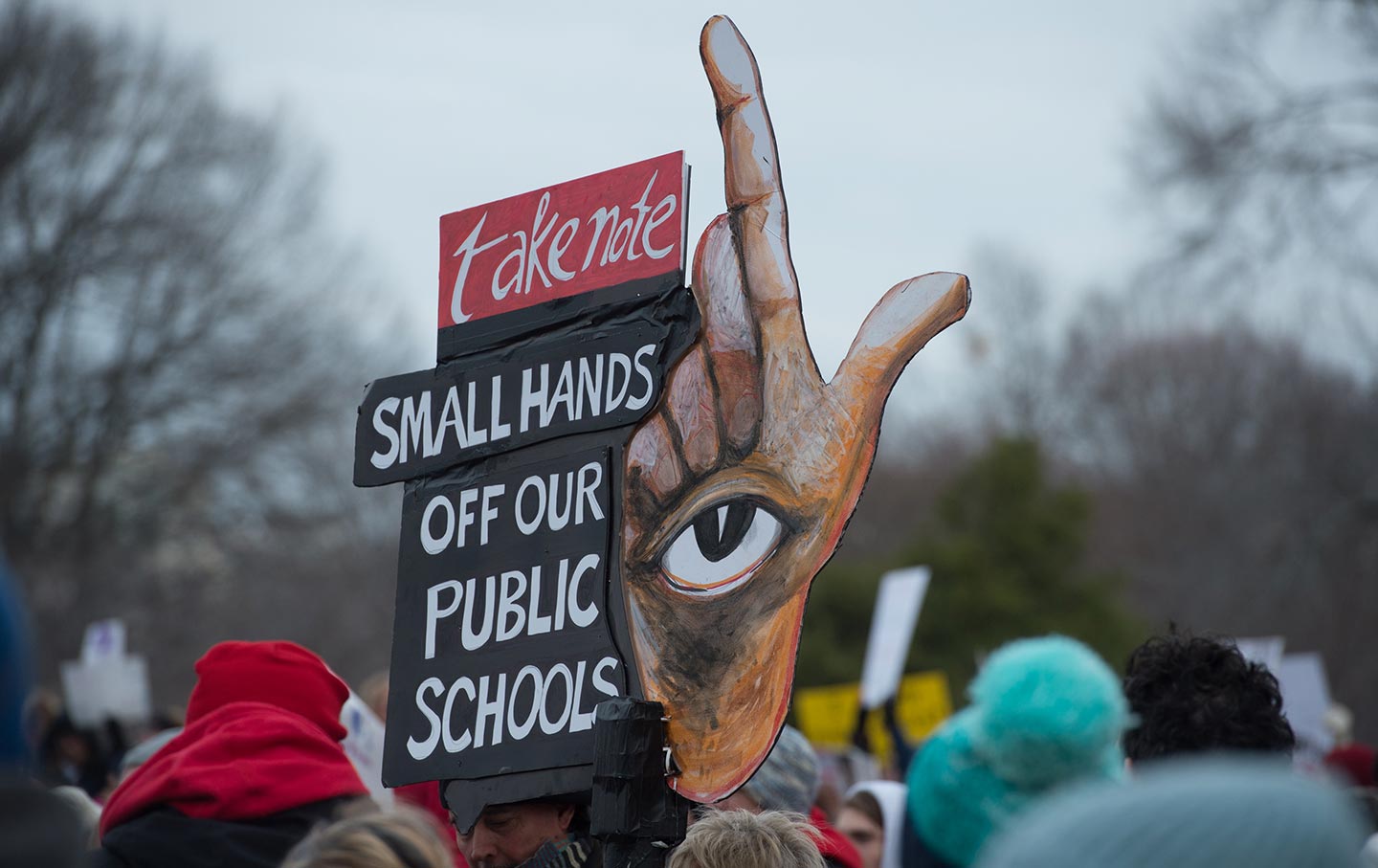
Reclaiming Public Goods Under Trump Reclaiming Public Goods Under Trump
The Roosevelt Institute is launching the Re:Public Project to fight privatization.
Apr 14, 2017 / StudentNation / Joelle Gamble and Aman Banerji
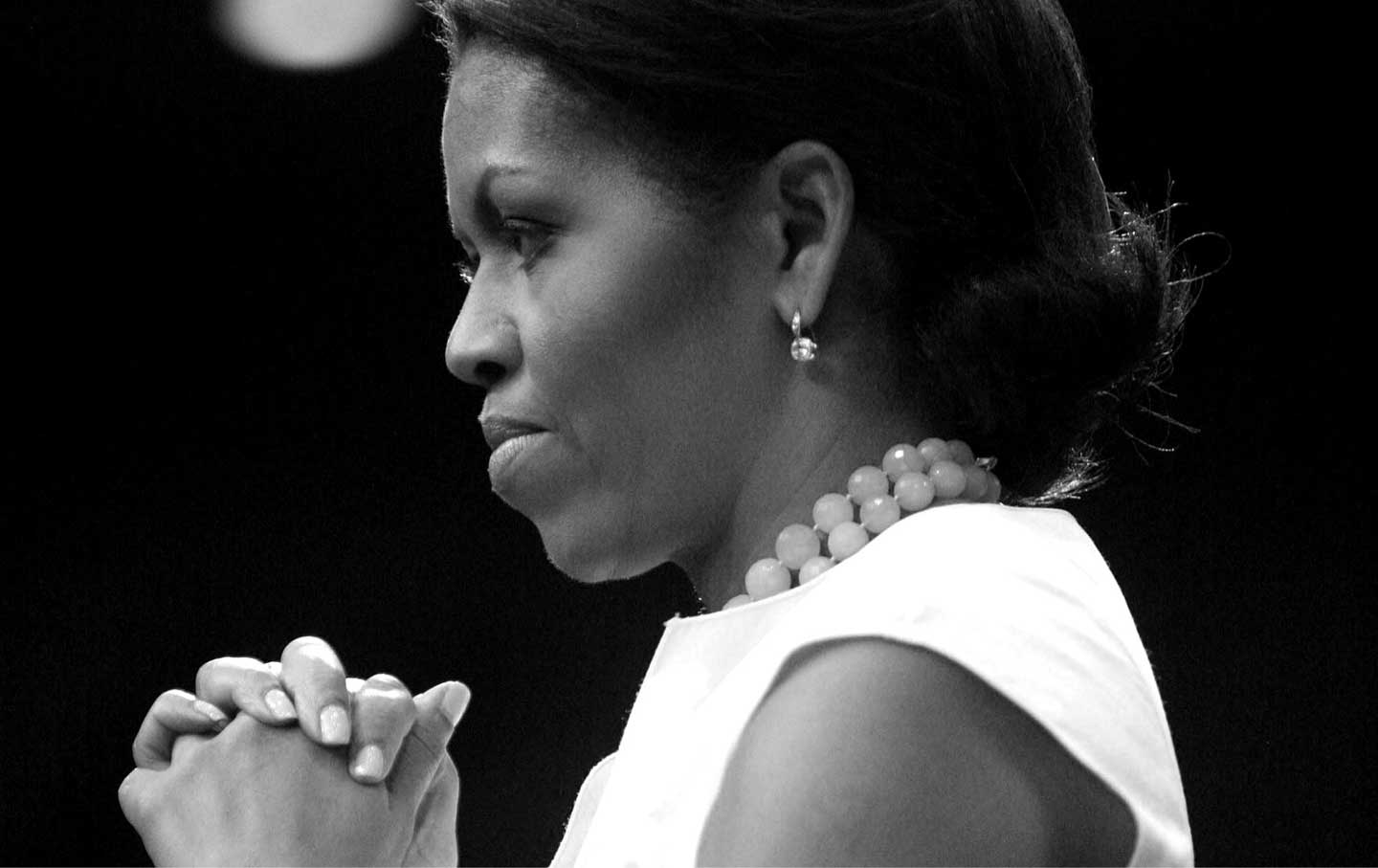
Michelle Obama, Between Respectability and Radicalism Michelle Obama, Between Respectability and Radicalism
While we took pride in the first lady, activists changed what she could do.
Dec 14, 2016 / Feature / Joelle Gamble
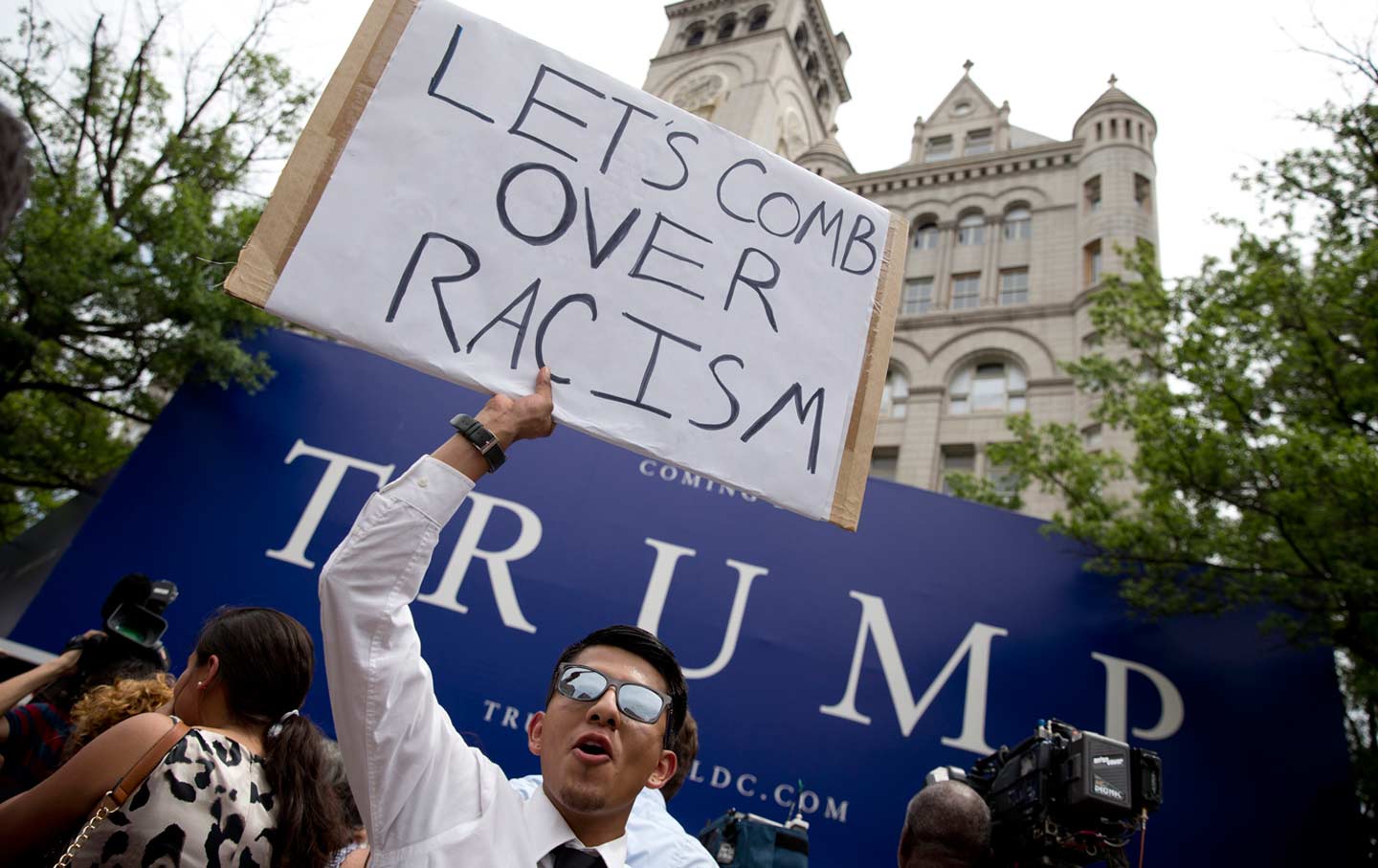
Why Political Campaigns Are in a Constant State of Concern About Millennial Voting Patterns Why Political Campaigns Are in a Constant State of Concern About Millennial Voting Patterns
In 2016, the 86 million millennial and Generation Z Americans will be 36 percent of the electorate, including half of eligible Latino voters.
Feb 22, 2016 / StudentNation / Joelle Gamble

5 Books: Reading Race and Economics 5 Books: Reading Race and Economics
Joelle Gamble is director of the Roosevelt Institute Campus Network. “I became an economics nerd campaigning against tuition increases at the University of California,” she says. “I became engrossed in the intricacies of state tax policy—everything spiraled from there.” Here, she recommends five books elucidating race’s intersection with economics, accompanying “An Economic Program for #BlackLivesMatter.” WHERE WE STAND Class Matters by bell hooks Buy this book This essay collection draws on hook’s personal experiences instead of relying on purely theoretical arguments about poverty. She is especially critical of economically secure liberals and radicals who, she argues, choose to downplay the importance of class privilege in comparison with race and gender—a criticism that she illustrates with examples from her own years studying and teaching at elite institutions. Rather than putting class at the top of a hierarchy of oppression, however, hooks demonstrates the interlocking nature of race, gender and class in straightforward prose. ECONOMICS The User’s Guide by Ha-Joon Chang Buy this book Chang’s accessible guide to contemporary economic thought, complete with hand charts, transforms economics into a flexible tool for understanding the world around us. He acknowledges that the version often taught in school—narrow neoclassicism—is not the only way of thinking about economics. Once economic thought gets out into the real world, Chang demonstrates, the intersections with race become clearer. There is also a good deal of humor throughout the book, refreshing in a subject known for being dismal. THE NEW JIM CROW Mass Incarceration in the Age of Colorblindness by Michelle Alexander Buy this book This excellent book lays out the brutal efficiency with which the American legal system has constructed and upheld a cycle of incarceration and social isolation targeting people of color. The New Jim Crow does a particularly excellent job of describing the economic barriers that convicted felons face for years, and the stigmas attached to a criminalized population. Through detailed explanations of pivotal court cases and policy battles, this book argues that the criminal-justice system renders many Americans second-class citizens. THE DIVIDE American Injustice in the Age of the Wealth Gap by Matt Taibbi Buy this book Taibbi’s sharp reporting reveals which Americans are labeled “criminal” and subjected to the social and economic exclusion that comes with the term—disproportionately poor people of color, in contrast to wealthy, white-collar wrongdoers. He assesses how our under-resourced processing systems, prosecutors’ use of petty (often erroneous) charges, and perverse incentives for law enforcement ensure the perpetual harassment of impoverished communities by the police. Taibbi paints a compelling picture of how the economy and the criminal-justice system are linked and, at times, codependent. THE PRICE OF INEQUALITY How Today’s Divided Society Endangers Our Future by Joseph E. Stiglitz Buy this book Today’s inequality is the result of moneyed interests using public policy as a tool to guard their wealth, argues the economist Joseph Stiglitz. He demonstrates that income inequality results from political activity rather than an “invisible hand,” thereby pointing toward aggressive policy solutions for lifting up those at the bottom. Because people at the top of the economic ladder are disproportionately white, Stiglitz’s arguments about economic justice illuminate the nexus of race and economics and must play a part in any conversation about achieving racial justice.
Jan 7, 2015 / 5 Books / Joelle Gamble
